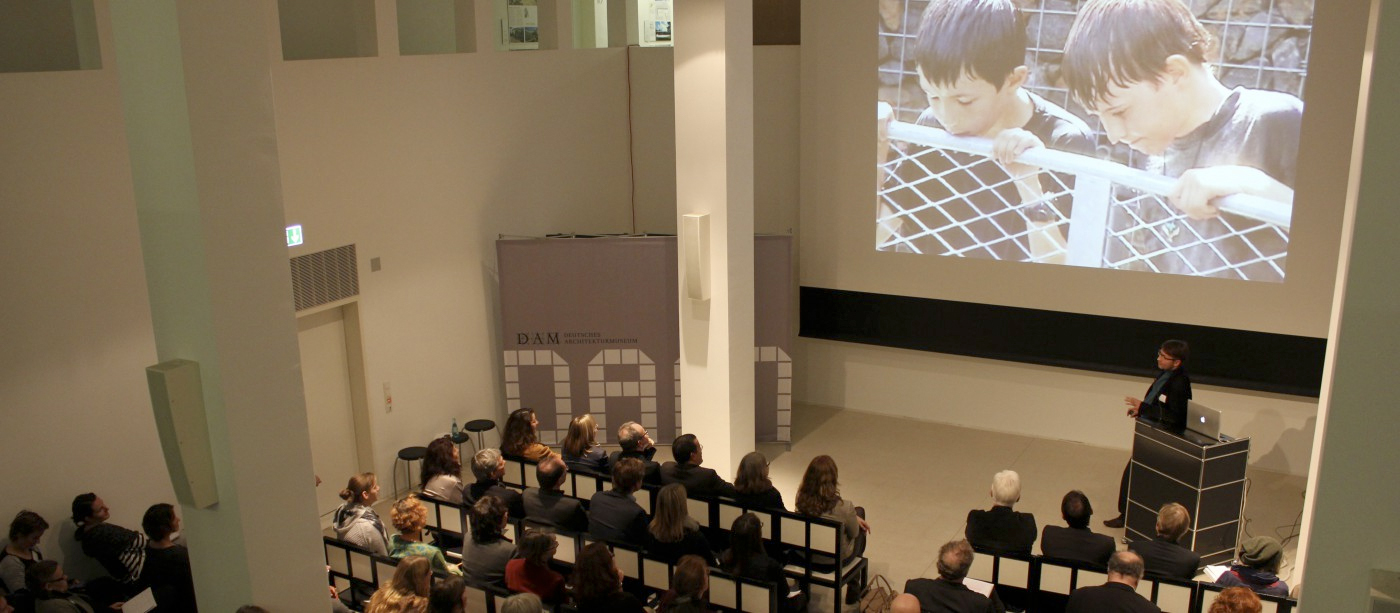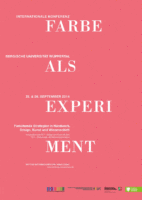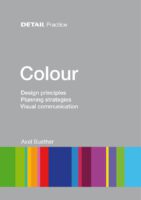Conference at the Deutsches Architekturmuseum (Photo © Deutsches Architekturmuseum)
The form of perception – (perceiving), (grasping), (grasping), (lay) over, (present)
The concept of form characterizes the process of multisensory engagement of the human being with the material and energetic structures of the environment, through which one’s own existence takes shape, acquires character, prestige and value, and becomes image, design, figure, geometry, model and imagination. This variety of meanings of the term form, derived from the Latin, still exists in linguistic usage today, although the understanding is determined by the situation in which it is used. As I will show, birth-blind people understand it differently from sighted people. Scientists use the term in relation to chemical elements, biological growth processes and behavior or physical descriptions of the state of matter and energy. Mathematicians refer to formal-logical principles, while humanities scholars form their thoughts using the language of words. Musicians shape tones and sounds, restaurateurs shape the smell, taste and aesthetics of our food. Dancers, actors and athletes shape their bodies, urban planners and architects reshape nature, engineers shape transportation, production and communication technologies. Designers shape products, politicians shape the state and citizens shape society. Artists give form to their inner images.
By taking something bodily, by grasping it, gripping it, placing it in front of us or placing it, we form an idea of the materiality of our existence, whereby we attribute a concrete character of existence to our mere and unreflected being. Through the explication of the multisensory experiences of taking, the view of the form is formed in the viewer’s memory, the image of the thing, which initiates the cognitive process of (perceiving), (grasping), (grasping), (superimposing) and (imagining). Being reaches consciousness through the shaping of our perceptions, which is why the formation of the synaptic structure of our brain characterizes a learning process with which the formal language of the environment is formed and transformed throughout our lives.
Christina Budde / Barbara Shatry / Inez Wagner / Arne Winkelmann (eds.)
ARCHITECTURE ALL DAY
Scope for building culture education
Munich 2014, 148 pages with numerous. color. Fig.
ISBN 978-3-86736-234-4
kopad Munich 2014



